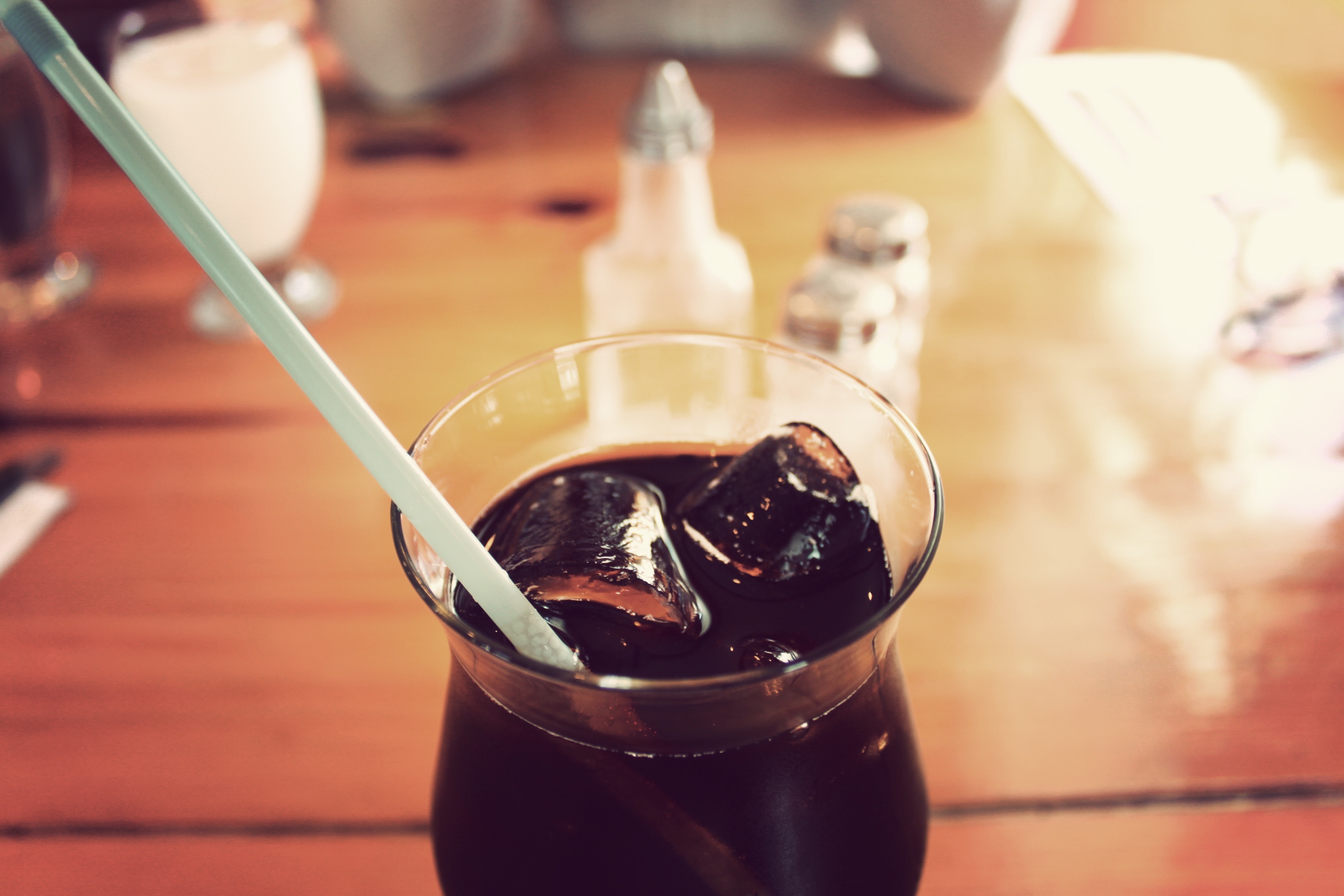Transparency is extremely important to us, so we are letting you know that we may receive a commission on some of links you click on from this page. See our disclaimer.
We have written frequently about the costs to the workplace from employees who lack sleep (for example here, here, and here). We've also written about the negative effects of sugar (for example, here and here).
Today, the two come together.
A new study in Sleep Health, titled Short and sweet: Associations between self-reported sleep duration and sugar-sweetened beverage consumption among adults in the United States concludes that “Short sleep is associated with greater intake of sugared caffeinated sodas, a relationship that may have important, though unrecognized, implications for physical health.”
The reason for conducting the study relates to the apparent connections among sleep, sugar, and poor health outcomes, according to the authors.
The study states: “Sugar-sweetened beverages (SSBs) are a major factor in the development of obesity and cardiometabolic disease. Shortened sleep duration has also been linked to increased appetite and obesity.”
MedPage adds: “The researchers noted that sugar-sweetened beverages are the primary source of added sugar in the American diet, and have been linked in numerous studies to weight gain and metabolic syndrome. Lack of sleep has also been linked to an increased risk for metabolic disease.”
Indeed, according to the study: “Although caffeinated drinks could account for impaired sleep, it is possible that short sleep could influence one's appetitive drive for sugared caffeine drinks.” The study notes, however, that “directionality of this relationship cannot be determined from this study.”
Lead author Aric A. Prather, PhD, of the University of California San Francisco, said: “We think there may be a positive feedback loop where sugary drinks and sleep loss reinforce one another, making it harder for people to eliminate their unhealthy sugar habit,” according to MedPage.
Indeed, the results show: “Thirteen percent slept 5 or fewer hours per night. In fully adjusted models, those who slept 5 hours or less had 21% higher SSB consumption (relative difference, 1.21; 95% confidence interval, 1.11-1.32). When broken down by beverage type, this was due to caffeinated sugary beverages. Longer sleepers (≥9-hour sleepers) consumed fewer servings of coffee and water. There were no associations between self-reported sleep duration and consumption of 100% juice, tea, or diet drinks.”




0 Comments